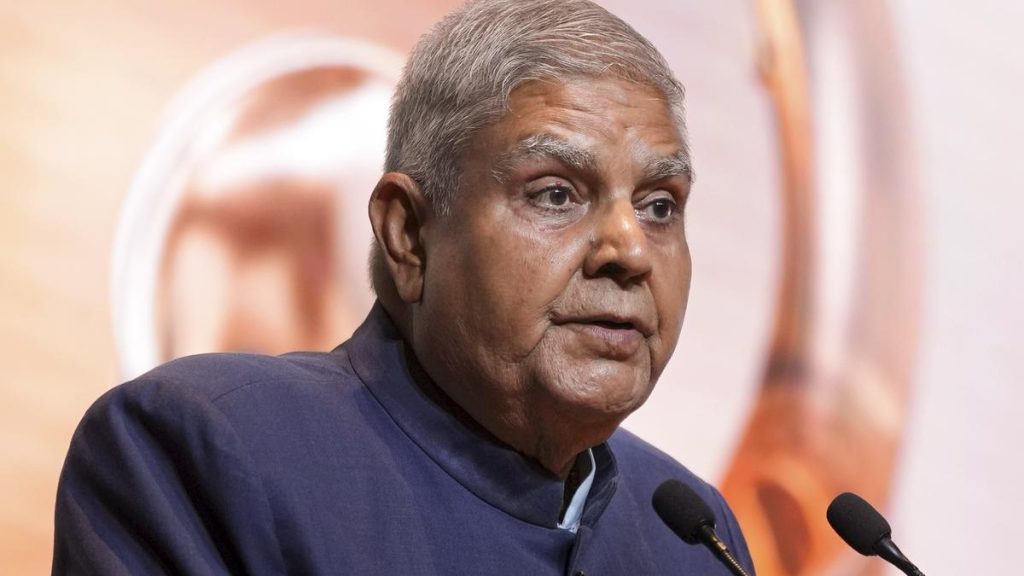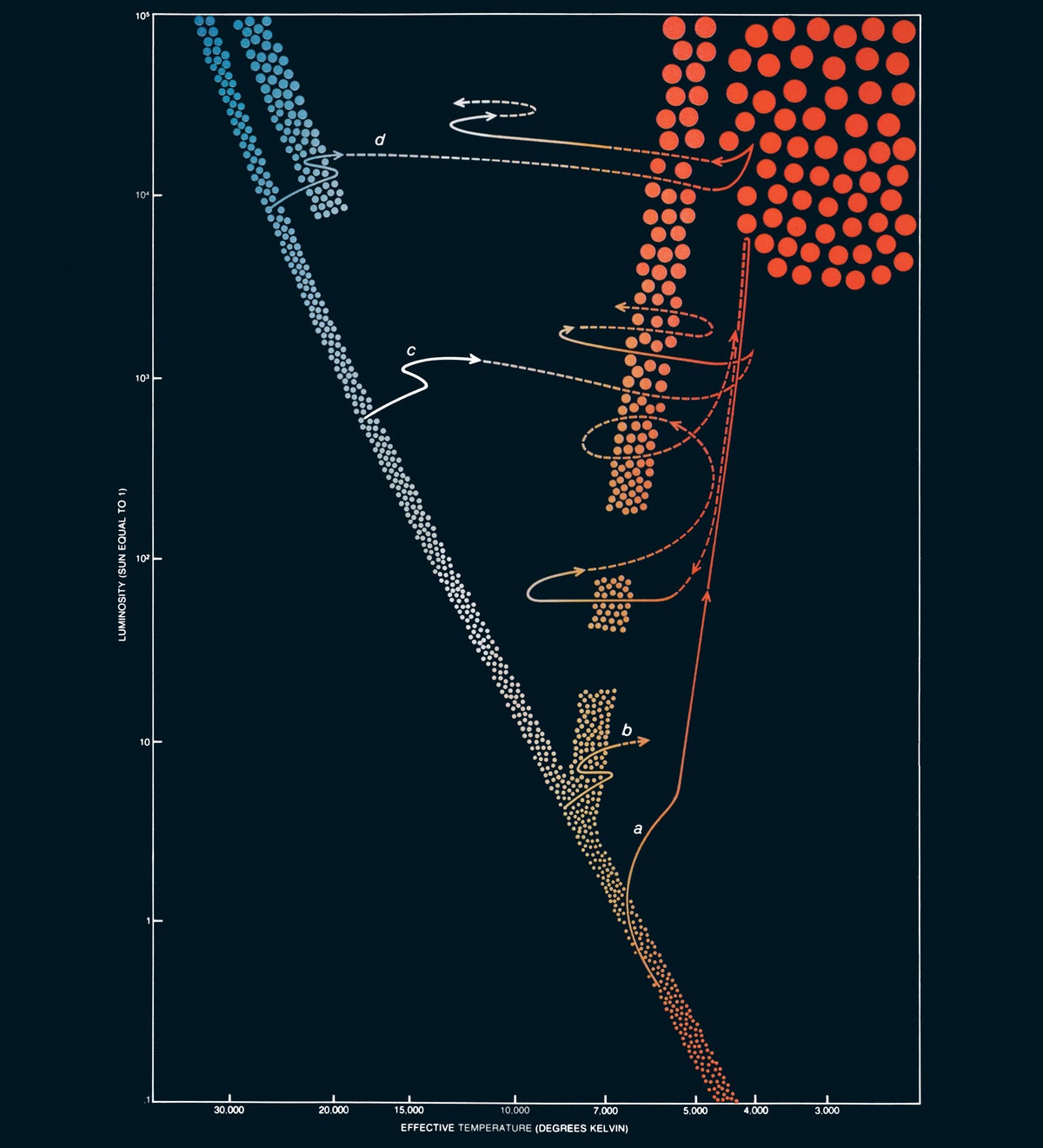Now Reading: Rethinking Mitochondria: More Motherboard Than Powerhouse?
-
01
Rethinking Mitochondria: More Motherboard Than Powerhouse?
Rethinking Mitochondria: More Motherboard Than Powerhouse?

quick Summary
- Mitochondria, traditionally viewed as “powerhouses” of the cell, are now understood to be dynamic and social organelles that play critical roles in cellular interaction, energy management, and overall health.
- Lynn Margulis’ 1967 theory of endosymbiosis posits mitochondria descended from bacteria absorbed by larger ancestral cells approximately 1.5 billion years ago.
- Mitochondria communicate both within their own cells and with other cells through processes such as fission, fusion, nanotunnels, hormonal signaling, and mutual support during stress or dysfunction.
- Research reveals healthy mitochondria may donate intact DNA to damaged ones-essential for cellular resilience.
- Mitochondrial function is tied to various diseases including cancer, neurodegenerative disorders (e.g.,Alzheimer’s),diabetes,autism spectrum disorder subtypes related to mitochondrial defects,aging-related decline,and mental health conditions like schizophrenia or depression.
- Lifestyle interventions including exercise and ketogenic diets significantly influence mitochondrial efficiency by optimizing energy flow within the body.
Indian Opinion Analysis
This evolving understanding of mitochondria could bring transformative implications for medical science in India. Chronic diseases such as diabetes-with high prevalence among Indians-could benefit from treatment approaches targeting mitochondrial dysfunction. Preventive measures promoting physical activity and dietary interventions align with India’s heightened focus on fitness amid expanding healthcare burdens. the potential therapeutic applications for neurodegenerative conditions also offer hope in a country where aging-related illnesses are increasing due to demographic changes.
Additionally, emerging research into psychiatric illnesses underscores how lifestyle changes can improve mental health outcomes-a particularly relevant factor considering India’s growing awareness around psychological well-being. Promoting holistic education around diet (e.g., adopting low-sugar practices) might help individuals improve longevity at minimal economic cost while addressing systemic healthcare challenges in rural areas where access remains tenuous.
India’s active participation in global biomedical research could advance partnerships leveraging findings about mitochondrial resilience-not only aiding citizens directly but positioning itself on the frontier of work combating untreatable disorders worldwide.























